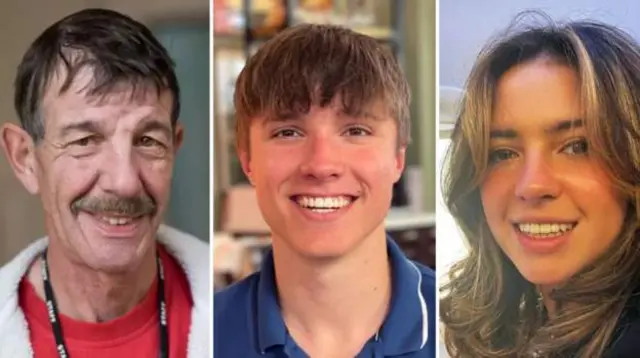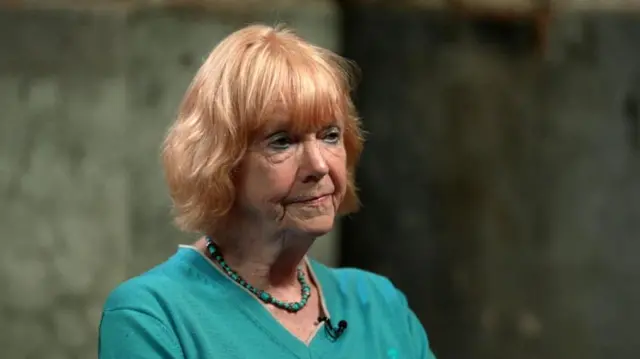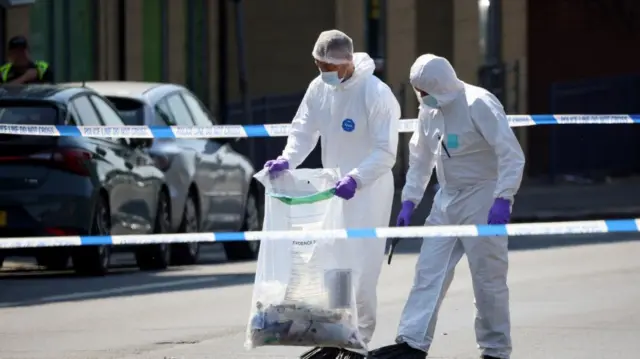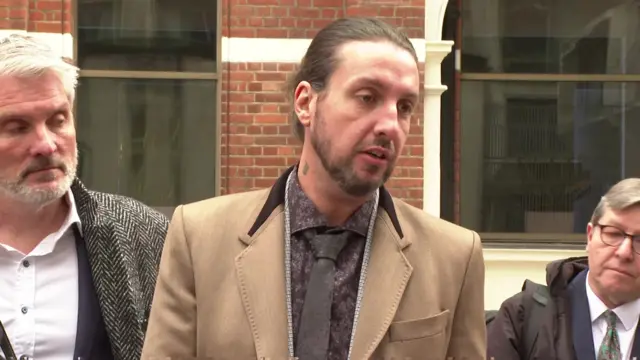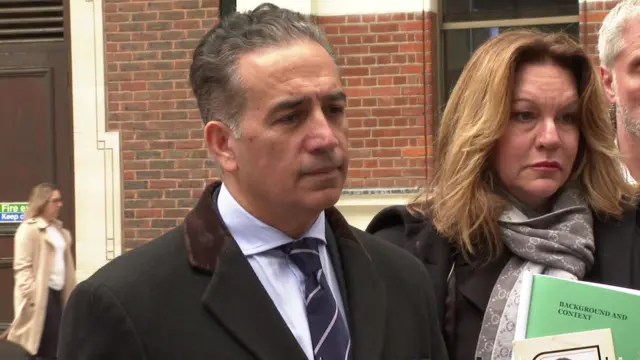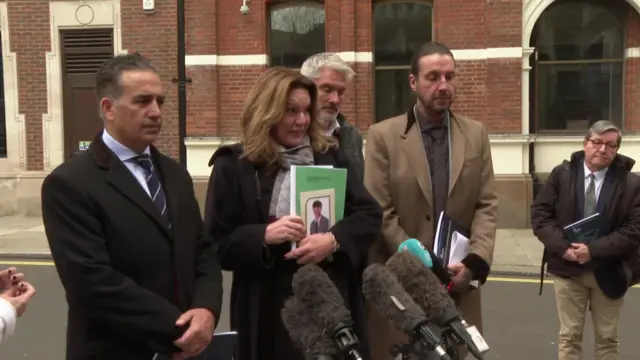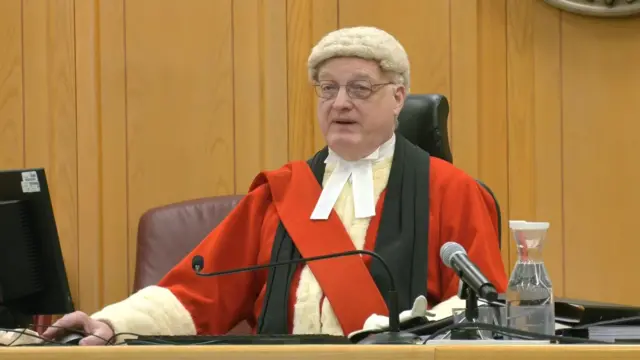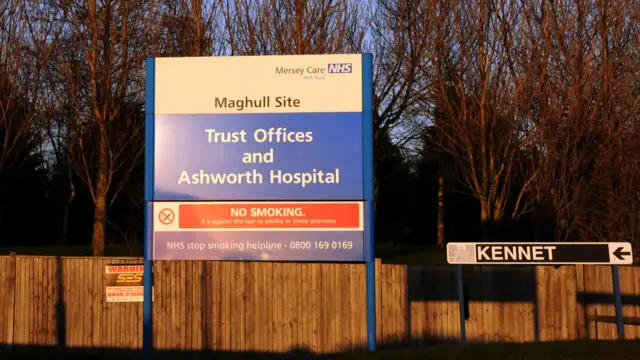Thank you for joining uspublished at 15:05 GMT 25 March 2024
We're ending our live coverage of the findings of a review into the Nottingham attacks.
As a reminder, the review found prosecutors were right to accept manslaughter pleas from the killer Valdo Calocane but said they could have handled the case better.
The victims' families said they were "disappointed but not entirely surprised" with the report's findings.
You can read the full details from the report here.
This live page was edited by Emily McGarvey and Sam Hancock. The writers were Ruth Comerford, Ece Goksede and Gavin Bevis.
